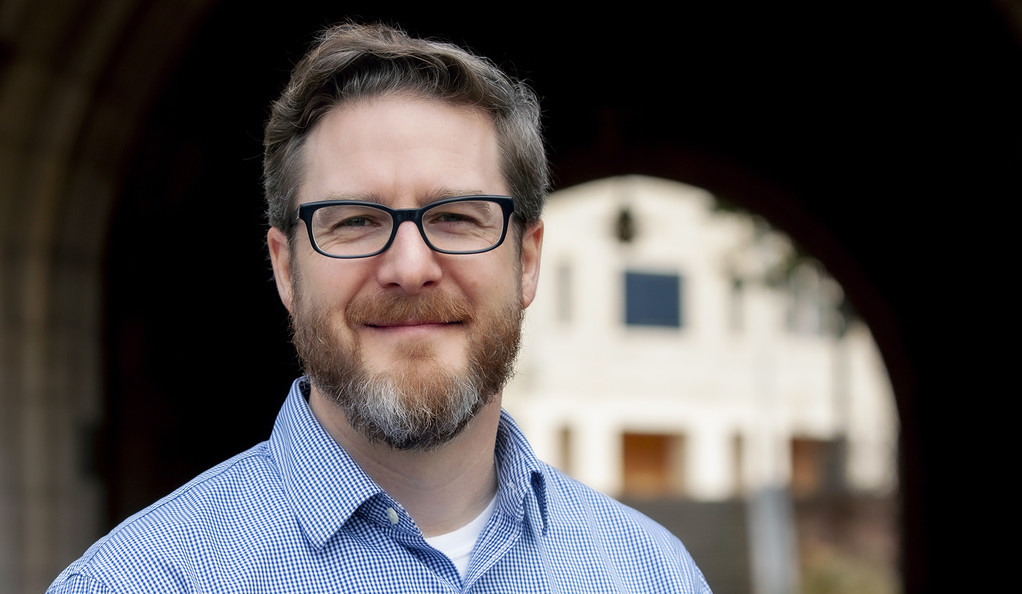
Yale News
Ecology and evolutionary biology professor David Post’s renowned scholarship — which tackles species ranging from freshwater fish to hippopotami — has earned him a coveted spot as a Fellow of the American Association for the Advancement of Science.
Every year, the AAAS names a select few scientists with “scientifically or socially distinguished” research, according to their website. Only scientists who ask or answer questions of fundamental importance are named fellows of the AAAS. This year, Post was the only Yale professor to receive the honor, and he recognized the Yale community’s role in helping him conduct notable work.
“One of the wonderful things about being a faculty member at Yale is the resources made available by the University,” Post said. “The combination of great support and the great intellectual capacity of the people at Yale has made my lab so successful.”
Post’s academic interests are diverse. They include studies of the alewife — an invasive species of fish in the Northeast that is endangered — and Kenyan hippos, which he studies every summer.
Outside of the lab, Post shares his excitement for science by teaching several undergraduate classes. This semester, he is teaching “Limnology,” which focuses on freshwater ecology. His students conduct lab work and take field trips to lakes in Connecticut as they work to formulate their own research questions about the subject.
Post’s work also concerns pressing global issues. As he explains, ecology and the environment are deeply linked. Amanda Subalusky GRD ’16, one of his former doctoral students, noted that his work contains “an element of basic science,” but it is also focuses on humans’ environmental impact. Subalusky also said Post’s curiosity has allowed him to uncover surprising connections between evolution and ecology.
“Eco-evolutionary feedback is a relatively new area of study in which we’re still probing the edges of understanding,” Subalusky said.
She explained the ways in which Post’s scholarship has helped scientists understand how environmental change affects ecosystems. According to Subalusky, he has made significant discoveries in how temperature, nutrients and biology affect an ecological community.
Post’s work will continue to focus on aquatic ecology as he looks for connections between the food web, evolutionary pressures and landscape ecology.
“[David’s] work rises to the level where it’s important across an entire area of research like biological science, not just his niche,” said Eric Palkovacs FES ’01 GRD ’07, another former doctoral student who studied with Post.
Palkovacs added that Post explores ideas that are relevant for a variety of topics in the field of biology.
Palkovacs and Subalusky both said Post was not only a brilliant scholar but also an exceptional role model.
“I feel tremendously privileged to be able to call him a mentor. He’s helped me build a research program that I’m really excited about. He’s really encouraging of young scientists. It’s remarkable for someone so well-established,” said Subalusky.
Next semester, Post will teach “Advanced Ecology.”
Tyler Brown | tyler.james.brown@yale.edu







